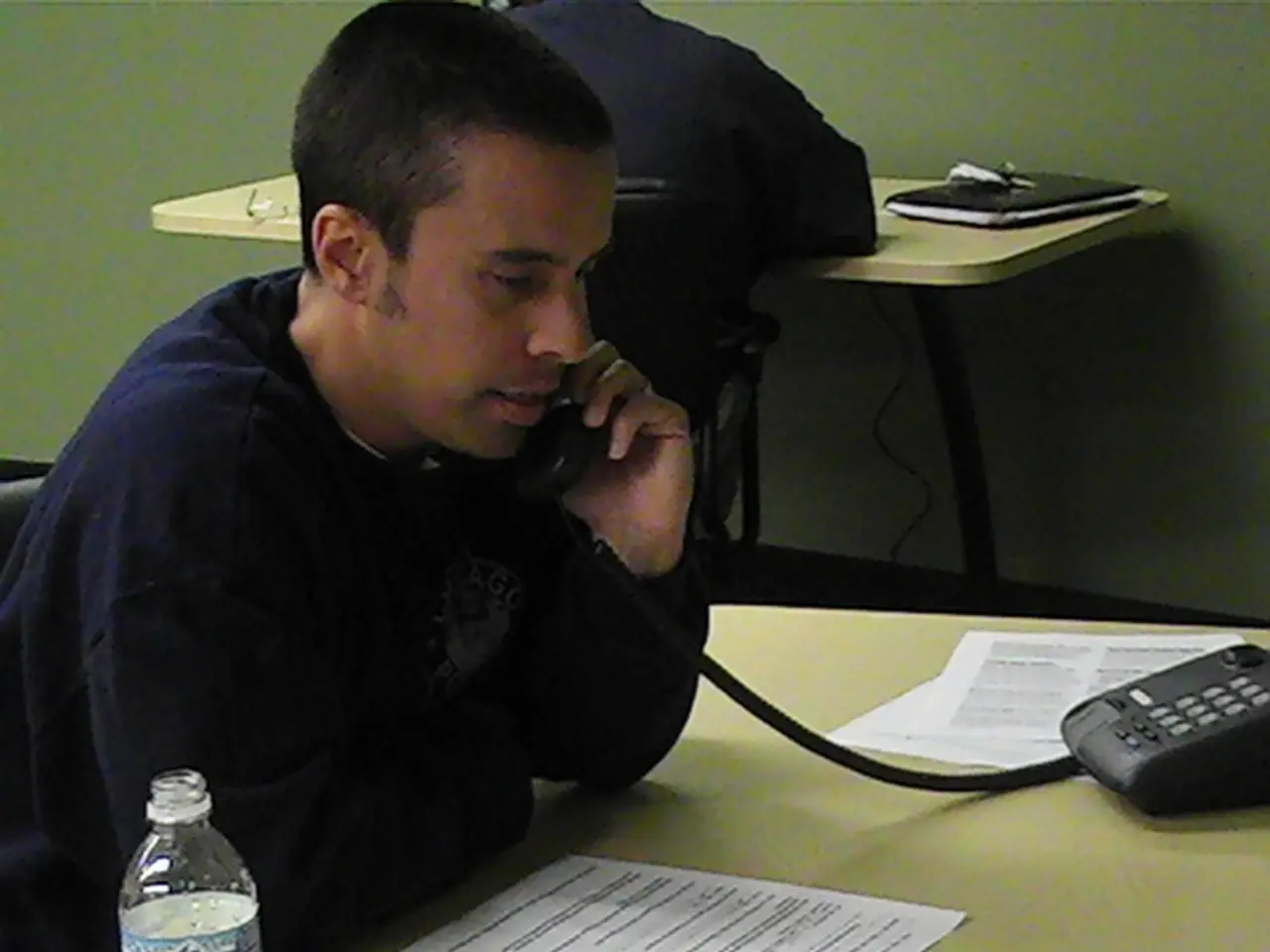Exploring the Approach of Behavioral Interviews: Lessons Learned from Amazon's Strategy
Amazon's Unique Behavioral Interview Process
Amazon's interview process sets it apart from many other companies, with a distinctive focus on aligning candidates with its 16 Leadership Principles. This rigorous assessment is an integral part of the hiring process at every stage.
Deep Integration of Leadership Principles
Unlike most companies that ask behavioral questions to understand a candidate's experiences, Amazon seeks to evaluate how a candidate's decision-making, problem-solving, and interpersonal behaviors reflect these core principles such as "Customer Obsession," "Bias for Action," and "Deliver Results."
Structured Storytelling with the STAR Method
Candidates are encouraged to answer behavioral questions using the STAR technique (Situation, Task, Action, Result). This method helps deliver structured and impactful responses directly aligned with leadership principles.
Emphasis on Cultural Fit and Authentic Responses
Amazon interviewers assess cultural fit more strongly than some other companies, aiming to find candidates who naturally embody the company’s values in their past behaviors. Honesty about experiences is also valued, with candidates advised to be honest about lacking direct experience and instead walk the interviewer through their thought process on how they would handle it.
Comprehensive and Structured Process
The behavioral interview is part of a comprehensive, multi-step hiring process often lasting weeks, including multiple interview loops where leadership principle alignment is repeatedly tested.
Reflecting on Past Experiences
Candidates are often asked to share specific instances that underscore their abilities in problem-solving, teamwork, and adaptability. Reflecting on past experiences can shed light on aspects of your career that you haven't fully appreciated.
Preparation and Practice
Mock interviews can help refine storytelling techniques and tackle questions confidently. Practicing your responses can help construct a cohesive narrative. The STAR method can be a useful tool for narrating your journey in interviews. Practicing aloud enhances comfort and provides valuable feedback.
A Two-Way Street
Interviewing is a two-way street, allowing candidates to discern whether the company aligns with their values and aspirations. Gaining further insights about Amazon's culture or vision can be beneficial. Asking questions about the company's culture or vision can set you apart.
In conclusion, Amazon's behavioral interview stands out for its deep integration of leadership principles into every behavioral question, the structured expectation of STAR storytelling, and the emphasis on authentic, reflective responses that demonstrate cultural fit and leadership potential. Other companies may focus more broadly on skills and experiences without such a pronounced and codified cultural framework.
- In addition to evaluating a candidate's skills and experiences, Amazon's unique interview process also focuses on understanding how their decision-making, problem-solving, and interpersonal behaviors reflect the company's leadership principles, such as Customer Obsession, Bias for Action, and Deliver Results.
- Candidates at Amazon are encouraged to use the STAR method (Situation, Task, Action, Result) when answering behavioral questions, as it helps deliver structured and impactful responses that align with the company's leadership principles.
- Honesty about past experiences and the ability to reflect on them is highly valued in Amazon's interview process, as interviewers aim to find candidates who naturally embody the company's values.
- The behavioral interview is just one part of Amazon's comprehensive, multi-step hiring process, which often includes multiple interview loops where leadership principle alignment is repeatedly tested.
- Preparation and practice for the behavioral interview can help refine storytelling techniques, increase confidence, and allow candidates to construct a cohesive narrative about their experiences in problem-solving, teamwork, and adaptability. This practice can also set candidates apart by providing them with the opportunity to gain insights about Amazon's culture or vision.




